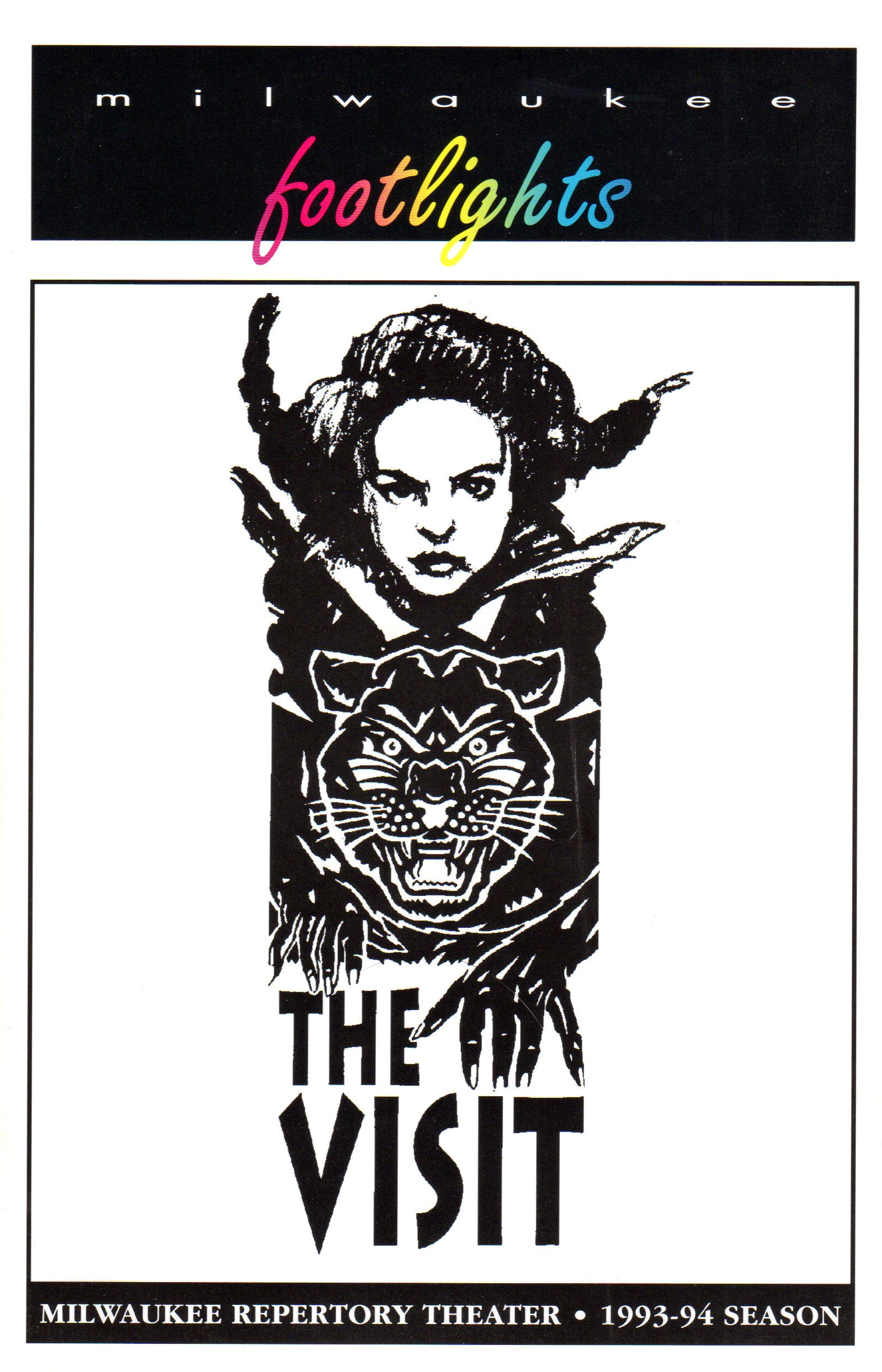Instapundit has spent some pixel inches recently covering the year-end ban on 100-watt incandescent light bulbs. Some of the things he links to, such as this Investors Business Daily piece, talk about people up in arms about it. However, the people who get linked by Instapundit and who pay attention year-round to the governments’ actions tend to remain a minority. I fear most people don’t know about what the government does in its omnipotentbus bills and their eventual effects years later.
Remember, the bill banning light bulbs was passed four years ago. Long enough for cause to be forgotten when effect rolls around. Did the Department of Energy send its armed SWAT units into stores to forcibly remove them from the shelves on the day the law went into effect? Of course not.
But at Instapundit’s reminder, I stopped by the light bulb aisle to pick some more up (remember, I am a noted stockpiler). Even as I was in the aisle, the store employees were completing a reset of the shelf space. Gone were the 24-packs of incandescent bulbs. Instead, the aisle was given over to a wider selection of LED and fluorescent bulbs.
And when the year-end arrives, the 100-watt bulbs will just be gone without fanfare or explanation. In coming years, the same will happen to the remainder of incandescent bulbs. Consumers not engaged in the political process will not know why; they just will not have the chance to buy them and will have to spend a couple bucks on a nice expensive toxic-waste-to-be glass corkscrew instead. Kind of like how all the old timey used children’s books with “Good vs. Bad” or “Building Things Is Good” style plots disappeared, leaving only the new timey “Love Those Who Are Different From You” and “Unspoiled Nature Is Better Than Any Human Activity” plots remain available.
The government acts, time passes, and the citizen’s choice just seems to evaporate years later with no clear reason why. Maybe, sometimes, a consumer will say, “Hey, I remember when I could get a 25 cent light bulb,” but that thought doesn’t necessarily translate into sustained political action.
So pardon me if I’m not sanguine on the prospects of a government reversal. The bureaucracy in charge does not want to lessen its control. The Democrats in the elected government don’t want to anger their activists. The Republican professionals might not want to take away a galvanizing issue that gets the dander of its voters up–after all, if Republican elected officials were to solve the problems they were elected to solve, why would Republican voters vote next election?
No, I guess I’m with Instapundit. Stock up while you can, if you can anymore.
(Cross-posted on 24th State.)
UPDATE: Welcome, Instapundit readers! If you work in IT, check out my software quality assurance blog QA Hates You.
UPDATE 2: Thanks for the link, Ms. K.







